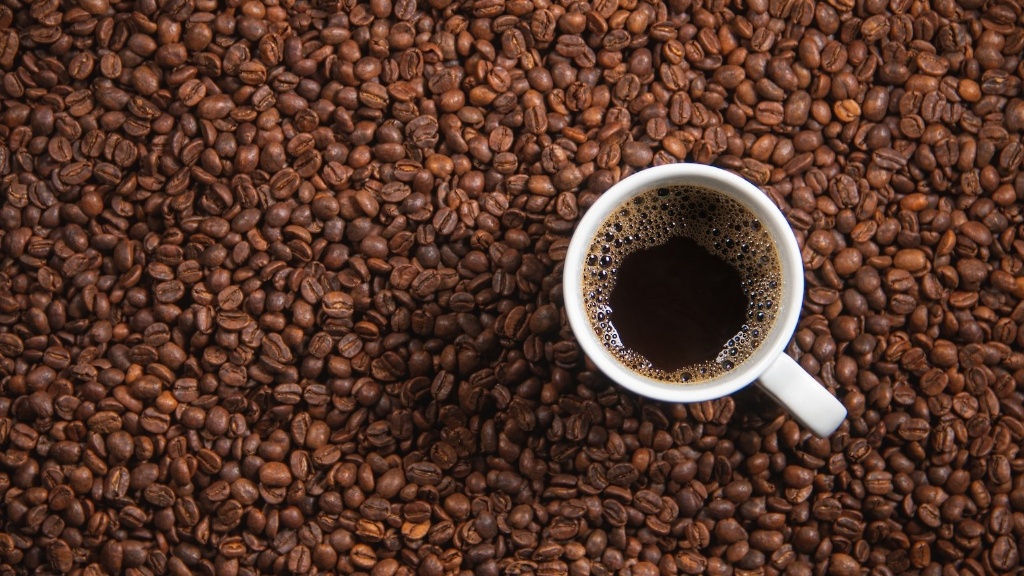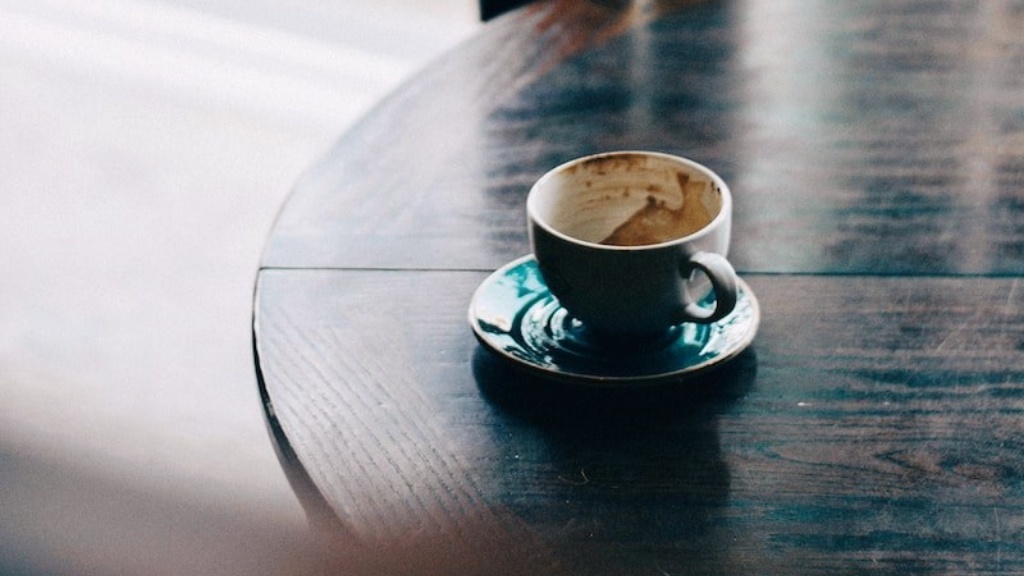What Is A Kidney Stone?
A kidney stone is a hard calcification that forms within the urinary tract, typically in the kidneys. These stones can vary in size from a few millimeters to several centimeters in circumference. Kidney stones are formed when certain substances within the urine are unable to be dissolved in the liquid, resulting in their solidification within the wall of the urinary tract. A kidney stone can cause severe pain within the lower back and abdomen, as well as urinary obstruction and changes in the urine consistency.
What Causes Kidney Stones?
Kidney stones are caused by the improper concentration of minerals and acid in the urine. These substances crystalize, resulting in the formation of a hard mass. While anyone can develop kidney stones, they are more likely to develop in individuals who are aging, have a family history of the condition, have an infection in the urinary tract, have recently had an organ transplant, or have been exposed to certain medication or dietary supplements.
Can Drinking Coffee Make Kidney Stones Worse?
Some experts believe that drinking coffee can increase the risk of developing kidney stones. This is because the caffeine in coffee can increase the production of urine, leading to a higher rate of dehydration and an increase in the concentration of minerals and acids in the urine. This, in turn, can form the hard stones within the urinary tract.
However, there is no definitive evidence to suggest that drinking coffee causes or aggravates kidney stones, as there are many conflicting reports from medical professionals. As such, the topic is still open to debate.
Can You Drink Coffee If You Have A Kidney Stone?
When it comes to drinking coffee while suffering from kidney stones, it is advisable to speak with your doctor first. Depending on the size and location of your particular stone, drinking coffee may or may not be allowed. If drinking coffee becomes uncomfortable, then it is likely that you will need to stop drinking it until your stones have passed.
It is best to follow a doctor’s advice when dealing with a kidney stone. If it is determined safe to drink coffee, then it should be done in moderation, as too much caffeine can cause dehydration, which can increase the chances of forming another stone.
Home Remedies For Kidney Stones
There are various treatments and home remedies for kidney stones. Increasing the intake of water can reduce the risk of kidney stones by helping to keep the body hydrated. This can flush out the toxic substances within the urinary tract before it can crystalize.
The consumption of alkaline-rich fruits and vegetables can help reduce the production of acid, leading to a decrease in the crystalization of substances within the kidneys. Freshly squeezed lemon juice can help remove phosphate crystals that trigger the formation of stones.
It is also important to limit the consumption of foods high in animal proteins, such as red meat, as they can increase the production of uric acid and calcium, which can increase the risk of kidney stones.
Medication For Kidney Stones
In some cases, medication may be necessary to treat kidney stones. Certain medications can help dissolve the stone, while others can help flush out the stone through the urinary tract. Pain medication can help treat the severe pain associated with kidney stones.
There are various surgical procedures available for the treatment of kidney stones if other methods fail. These include lithotripsy, a procedure that breaks the stone into small fragments; ureteroscopy, which removes the stone using a fine instrument; or nephrectomy, which involves the removal of the entire kidney.
Prevention Of Kidney Stones
The best way to prevent kidney stones is to lead a healthy lifestyle by increasing exercise, avoiding dieting and eating a balanced, nutritious diet that is low in animal proteins. It is also important to stay hydrated by drinking plenty of water throughout the day.
In addition, it is important to monitor any existing medical conditions, such as diabetes or high blood pressure, as these can increase the risk of kidney stones. Regular health check-ups with your doctor can help to detect any anomalies early, allowing for the necessary treatment to be carried out.
Dietary Changes For Kidney Stones
In order to prevent or manage kidney stones, it is important to watch what you eat. A balanced diet is key, with a focus on reducing consumption of animal proteins, such as red meat, fish, and poultry. Increasing consumption of fruits and vegetables can help reduce the risk of formation of stones due to the high amount of calcium, magnesium, and citric acid they contain.
Reducing consumption of excess caffeine can help to keep the production of acid in the urine down. If a person has a kidney stone, it is important to limit dietary salt and prevent dehydration by drinking plenty of water.
Over- The- Counter Treatments For Kidney Stones
There are several over- the- counter treatments available for those with kidney stones. Pain medication can provide relief when experiencing pain associated with the condition. Common over-the-counter drugs for relieving pain include ibuprofen or acetaminophen, though any pain medication should only be taken after consulting with a doctor.
Herbal treatments, such as green tea and cranberry juice, can also help reduce the symptoms associated with kidney stones. Some home remedies, such as apple cider vinegar, may also help in preventing and dissolving the stones.
Recommended Tests For Kidney Stones
When it comes to identifying and managing kidney stones, there are various tests that can be performed. Urine tests are used to detect the presence of any infection and to detect a high level of minerals and acids. X-rays, ultrasounds and CT scans can determine the size, location and type of kidney stones and can help to monitor the efficacy of any treatment.
If a kidney stone is identified and treatment is required, then a doctor will recommend the best course of action. It is important to follow their advice and to do any necessary tests if required.
Complications Of Kidney Stones
Kidney stones can cause other medical complications, such as urinary tract infections, difficulty urinating, or blood in the urine. If a person has frequent or severe kidney stones, it may also lead to permanent damage to the kidney and other organs.
In rare cases, kidney stones may cause a complete blockage of urine flow and severe pain. In such cases, emergency treatment is necessary to relieve the obstruction.
Diagnosis Of Kidney Stones
If a person experiences severe pain in the abdomen and back, they should seek medical advice right away. The doctor will carry out a full physical check-up and may recommend tests to check for kidney stones and their location.
If kidney stones are identified, then the doctor may recommend further tests to determine the type and size. This will enable them to recommend the best treatment for that particular case.
Treatments For Kidney Stones
When it comes to treatment, it mainly depends on the size, location, and type of kidney stones. Stones less than 4-5mm can often pass through the urinary tract without needing any medical intervention. Drinking plenty of water can help the stone pass and relieve any associated pain.
For larger stones, various treatments are available. Medication can help dissolve stones in the kidney or bladder. Other treatments, such as lithotripsy, use sound waves to break up the stone. More severe cases may require surgery to remove the stone.
Coping With Kidney Stones
The pain associated with kidney stones can be severe and it is important to get help right away. Painkillers can help reduce the pain, while a warm compress may help to relieve some of the inflammation. It is important to stay hydrated and to keep drinking plenty of water to help flush out the stone and reduce any associated pain.
It is important to speak with a doctor if kidney stones cannot be passed naturally. Depending on the case, the doctor can advise on the best course of treatment. It is also important to take steps to prevent the formation of kidney stones by maintaining a healthy lifestyle, with a focus on healthy eating and plenty of exercise.



